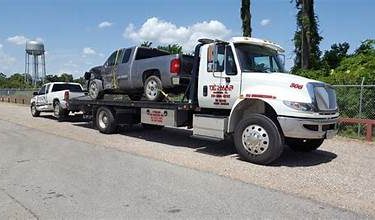Auto loan defaults are on the rise, leaving millions of Americans struggling to keep up with their debt obligations. According to the Federal Reserve Bank of New York, auto loan delinquencies have been steadily increasing since 2012 and reached a peak in the third quarter of 2022, with 7.63% of all auto loans more than 90 days delinquent. This has led to a growing concern about the potential impact on the economy, as consumers with delinquent loans may struggle to pay other bills, and lenders may become more cautious about extending credit.
The reasons for the surge in auto loan defaults are multifaceted. One factor is the rising cost of new cars. According to the National Automobile Dealers Association, the average price of a new car in 2021 was $41,000, up 4.3% from the previous year. This has led to longer loan terms and larger loan amounts, making it more difficult for borrowers to keep up with payments.
Another factor is the increasing number of subprime borrowers, or those with poor credit, taking out auto loans. These borrowers are typically charged higher interest rates and are more likely to default on their loans. In fact, according to the New York Fed, 9.14% of subprime auto loans were more than 90 days delinquent in the third quarter of 2022, compared to only 4.79% of prime loans.
Furthermore, the pandemic has played a role in the rise in auto loan defaults. The economic uncertainty caused by the pandemic led to many job losses, leaving some borrowers unable to make their monthly payments. In addition, many lenders offered forbearance and other relief programs during the pandemic, which may have temporarily lowered delinquency rates but ultimately deferred the problem to a later date.
The consequences of auto loan defaults can be severe. In addition to damaging credit scores, delinquent borrowers may face repossession of their vehicle, which can make it difficult to get to work and earn a living. In some cases, borrowers may also face legal action and wage garnishment, leading to further financial distress.
To avoid defaulting on auto loans, experts recommend several strategies. First, borrowers should shop around for the best interest rates and loan terms, rather than accepting the first offer they receive. Second, borrowers should consider purchasing a used car rather than a new one, as used cars are typically less expensive and may require a smaller loan. Finally, borrowers should aim to pay off their loan as quickly as possible, rather than extending the loan term to lower monthly payments.
The rising tide of auto loan defaults is a worrying trend for both borrowers and lenders. While some relief programs may provide temporary assistance, ultimately, borrowers must take responsibility for their debt obligations and make informed decisions about their finances.




